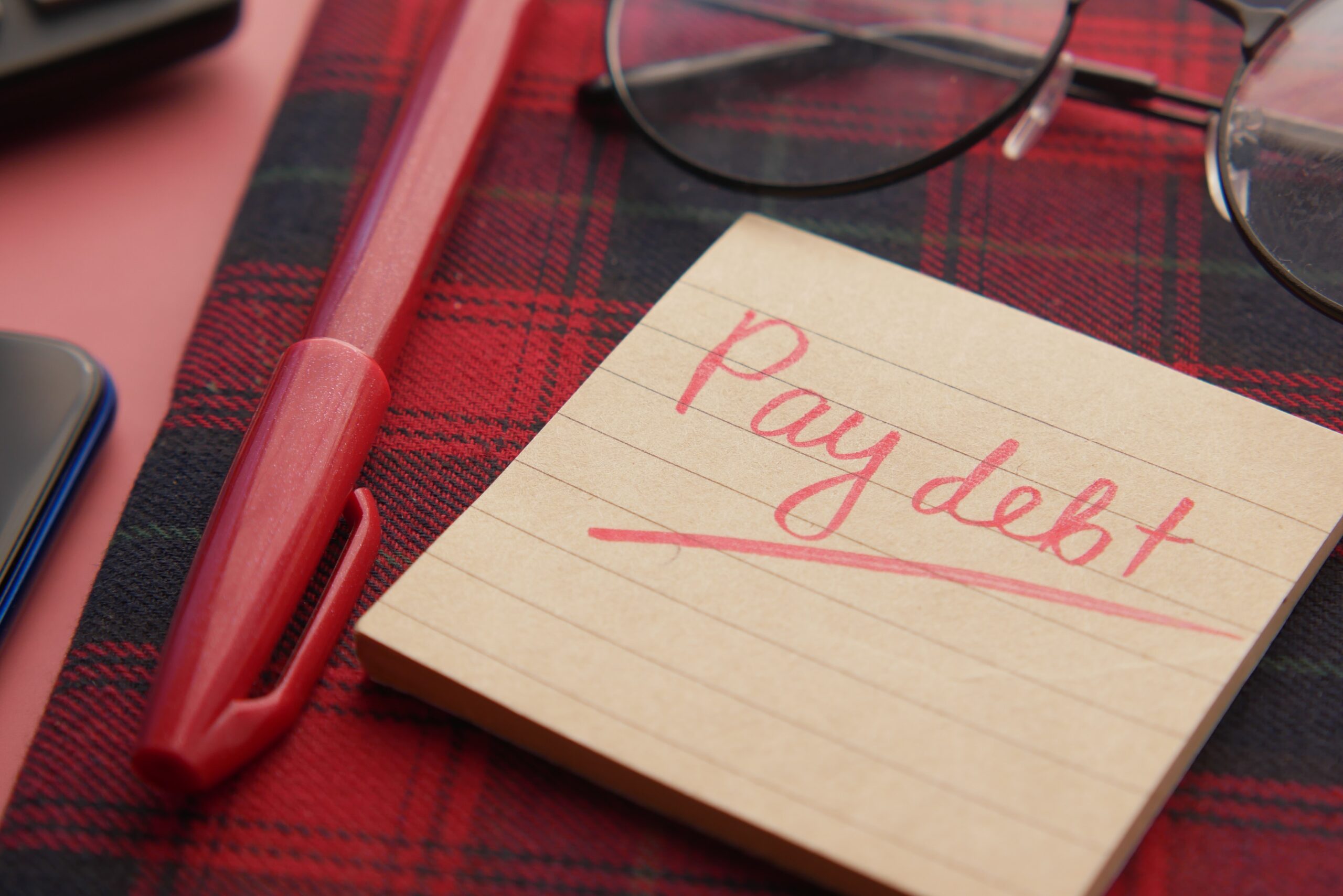
When you replace several credit card debts with one larger loan, it is called debt consolidation. One way to consolidate your credit card debt is to transfer the balances of all of your existing credit cards to one new one.
Some credit card providers offer a low introductory, or zero interest rate on balance transfers, allowing you to pay less when you consolidate your credit card debts. However, these offers are normally for a limited time, so it’s essential that you look very closely at the details of the proposal.

You need to be certain you won’t be paying a high-interest rate when the offer expires, as this could leave you financially worse off. You should also read the terms and conditions of offers with care as it’s essential to make sure you’re getting a good deal and look out for any fees.
Another method if consolidating credit card debt is by taking out a personal or consolidation loan to pay off the balances. It is important to check the interest rate carefully, as well as the terms and conditions to ensure you would not be adding to your debt, or taking a more extended period of time to repay it. You should always repay the credit card debt straightaway if you take out a loan and then you can close the credit card account to remove temptation.
It’s essential that you don’t spend any more on the credit card. If you keep spending your financial situation will not improve, it will only get worse.
When Should I Consider Consolidating?
Consolidating debts only makes sense if fees and charges do not eliminate any potential savings, and you can afford to keep up payments until the loan is repaid. You should use it as an opportunity to cut back your spending and get your finances back on track. You should also be paying less interest than you were paying before and the total amount you repay should be less, saving you more money overall.
You should think about anything that could happen in the future which might prevent you from keeping up with repayments before you choose a debt consolidation loan. For example, interest rates could go up, or you could become ill or get made redundant.
If you are unable to stop spending on credit cards because you’re using them for household bills, this is a worrying sign of debt. You should get debt advice before choosing a consolidation loan.
When Consolidating Doesn’t Make Sense
A debt consolidation loan does not make sense when:
- You can’t afford the payments
- You don’t clear all your debts with the loan
- You end up paying more (due to the monthly payment being higher or the term of the agreement being longer)
- You need help and advice with your debts and not a new loan. A debt adviser can help you with dealing with creditors and arranging repayment plans.
Fees and Charges

Some companies charge high fees for arranging the loan so make sure you are aware of this and always read the small print, looking out for hidden fees or charges before signing anything. Make sure you are not paying a company to arrange a loan on your behalf unless they are providing a service such as advice and you are satisfied that it’s worth the fee.
If You Choose To Consolidate Credit Card Debts
Make sure you shop around using comparison sites to get the best deal you can. You should also get free debt advice before you reach your final decision and don’t rush into anything. There could be an easier alternative to managing your credit card debts that you are not aware of.
It is also important to remember to make sure you aren’t drawn in by the headline interest rate – you should be comparing the APR (the annual percentage rate).
It is a good idea to cut up your credit cards as this avoids any temptation to carry on spending. If you were to continue spending on the card, you risk building the debt back up, and in effect, increasing your original debt.






